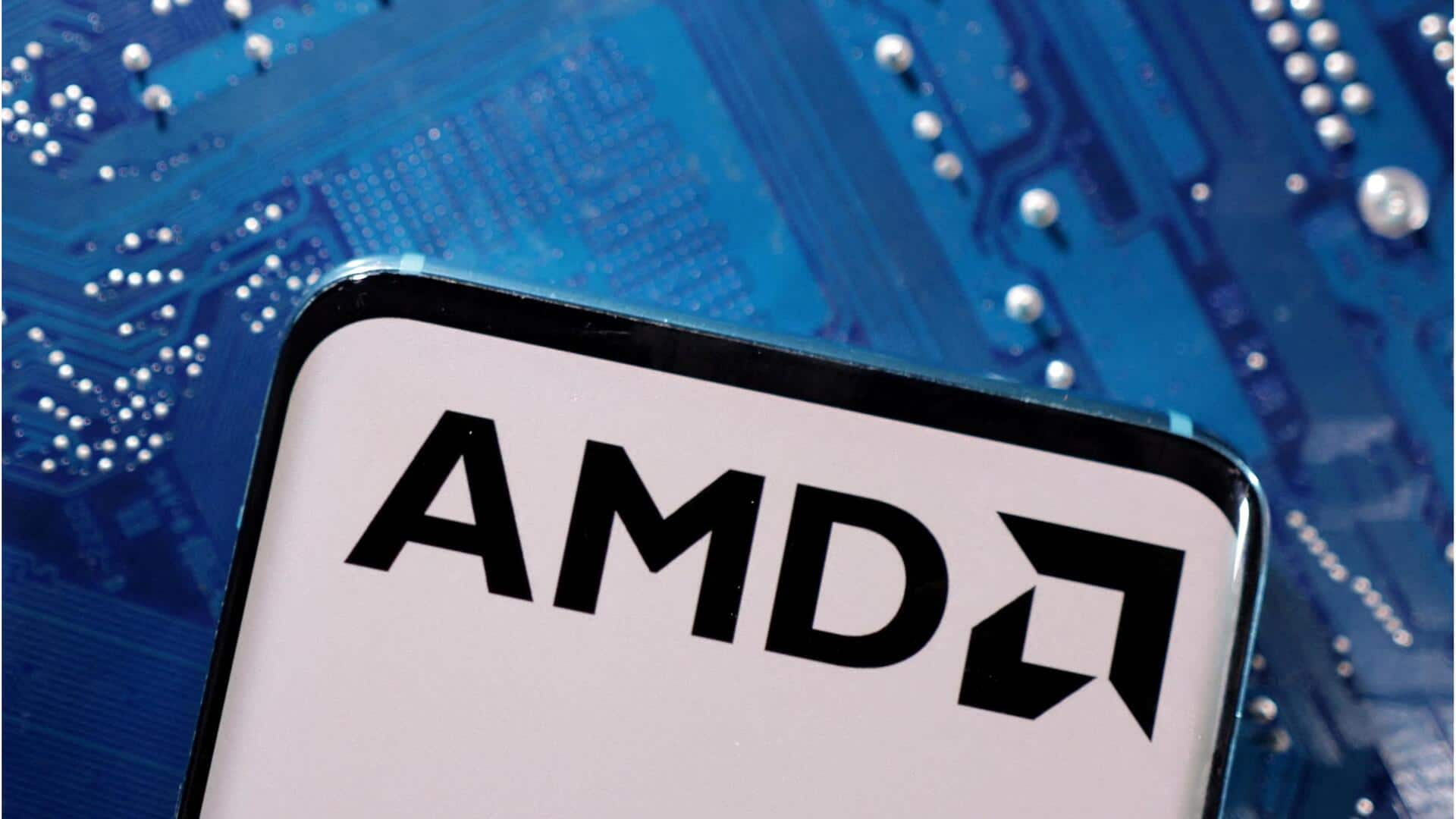
AMD unveils 'Helios' AI server to take on NVIDIA's offerings
What's the story
Advanced Micro Devices (AMD) has unveiled its latest artificial intelligence (AI) server, "Helios," at the "Advancing AI" developer conference in San Jose, California. The new server is based on the MI400 series of chips and is set to launch in 2026. The announcement comes as a direct challenge to NVIDIA's flagship offerings.
Market shift
Shift from chips to complete servers
The Helios server is part of a broader industry trend where companies are moving from selling individual chips to complete servers. These servers are packed with dozens or even hundreds of processors, along with networking chips from the same company. This strategy is seen as a direct challenge to NVIDIA's proprietary technology, NVLink, which it uses to connect its chips. NVIDIA has recently begun licensing this technology amid growing pressure from competitors.
Open standards
AMD to share Helios server details with competitors
During her keynote, AMD CEO Lisa Su announced that many aspects of the Helios servers, including networking standards, would be made openly available and shared with competitors like Intel. The move is a direct jab at NVIDIA. "The future of AI is not going to be built by any one company or in a closed ecosystem. It's going to be shaped by open collaboration across the industry," Su said.
Industry adoption
OpenAI, Meta, and Oracle are using AMD chips
Su was joined onstage by OpenAI CEO Sam Altman, who confirmed during the event that his company is using AMD's MI300X and MI450 chips. Executives from Elon Musk-owned xAI, Meta Platforms, and Oracle also spoke about their use of AMD processors. Crusoe, an AI cloud provider, revealed plans to purchase $400 million worth of AMD's new chips.
Growth strategy
AMD has made 25 strategic investments related to AI
In the past year, AMD has made 25 strategic investments related to its AI plans. The company also acquired server builder ZT Systems in March, which is expected to help it launch new complete AI systems. Despite struggling to capture a share of the rapidly growing AI chip market dominated by NVIDIA, AMD has been working hard to improve its software and produce a line of chips that rival NVIDIA's performance.